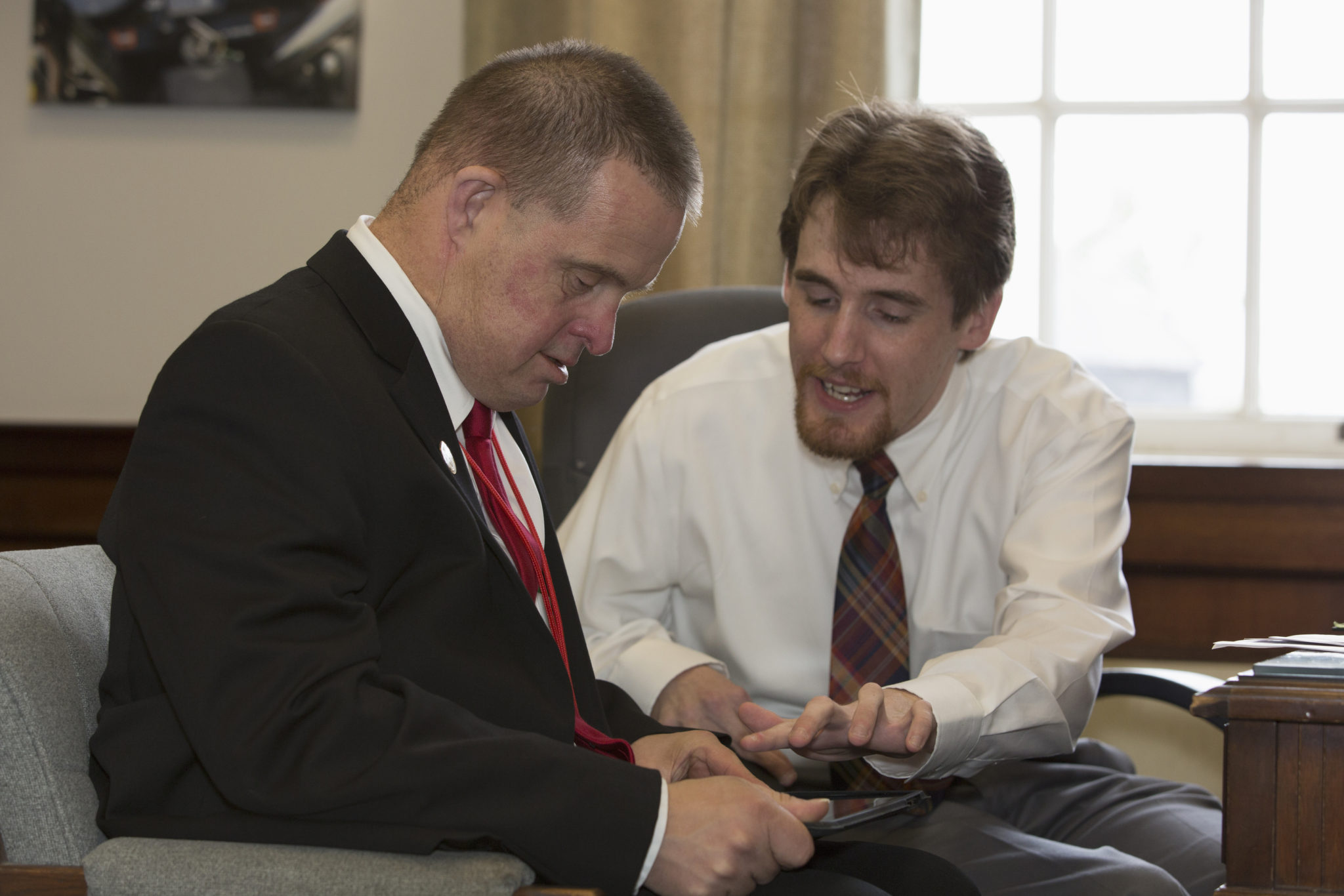Respect choice. Honor decisions. Advance self-determination.
People under guardianship experience a kind of “civil death,” because their legal rights to make their own decisions – decisions about their personal health care, their finances, whether to marry and raise a family, with whom to associate, and other day-to-day decisions others take for granted – are taken away.
Adults under guardianship are less likely to:
- Live in their own homes or apartments
- Have their rights respected
- Have community jobs
- Have friendships
- Be included in the community
Individuals with disabilities, like all adults, should have the right to make their own decisions. They should be provided support and guidance rather than legal restrictions or guardianship. But if guardianship is used, the process must be fair, respectful of the individual’s choice, and least restrictive of the individual’s liberty.
Through policy and litigation, CPR has engaged in nationwide efforts to limit guardianship, expand protections, and reform paternalistic laws. It has litigated cases to enforce people’s choices and advanced alternatives to guardianship.
There are effective alternatives to guardianship — alternatives that can help the estimated 1.5 million Americans under guardianship reclaim their voice. One alternative is Supported Decision-Making (SDM). In 2014, CPR launched the first externally evaluated SDM demonstration project in the nation. CPR’s pilot participants found that, with SDM arrangements in place, they are able to make their own decisions about their lives.
Since then, CPR has become a national leader and technical assistance center on SDM. It has authored leading law review articles in a symposium issue on SDM, advised disability and peer advocacy organizations in more than 30 states on SDM legislation and other reforms, and now leads a cohort of eleven states advancing SDM for youth in transition.
